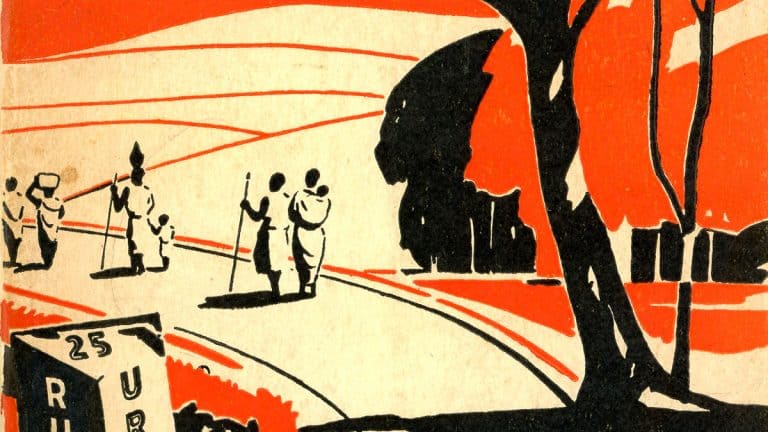Alexander Mackay – Missionary Hero of Uganda
![Andrew Melrose [1836-1901], Alexander Mackay. Missionary Hero of Uganda](https://missiology.org.uk/blog/wp-content/uploads/2016/06/alexander-mackay_melrose.png) Alexander Mackay [1849-1890] was a Scottish pioneer engineer missionary to Uganda and worked with the Church Missionary Society. John Roxboxborough notes that: “Mackay’s spiritual depth and practical skills were popularized by his sister’s biography and admired for generations.” [Evangelical Dictionary of World Missions, 589]. This biography written by Andrew Melrose [1836-1901], who also wrote under the name E.A. MacDonald, and is in the Public Domain.
Alexander Mackay [1849-1890] was a Scottish pioneer engineer missionary to Uganda and worked with the Church Missionary Society. John Roxboxborough notes that: “Mackay’s spiritual depth and practical skills were popularized by his sister’s biography and admired for generations.” [Evangelical Dictionary of World Missions, 589]. This biography written by Andrew Melrose [1836-1901], who also wrote under the name E.A. MacDonald, and is in the Public Domain.
Andrew Melrose [1836-1901], Alexander Mackay. Missionary Hero of Uganda. London: Sunday School Union, n.d. Hbk. pp.144. [Download entire book in PDF]
Contents
- A Good Beginning
- Chossing His Life Work
- On African Soil
- Dangers and Difficulties
- A Visit to Lkonge
- Arrival at Uganda
- King Mtesa
- Disappointment
- Labour and Results
- Strange Tasks
- Building the ‘Eleanor’
- King Mwanga
- Uganda Martyrs
- Good-bye to Uganda
- Friends and Fellow-workers
- Last Days
Preface by The Rev. T. C. Wilson (C.M.S.)
It was in the early part of 1876 that I made the acquaintance of A. M. Mackay, when, having offered for the mission to Uganda, I went up to London to meet those who were to be my fellow-missionaries in the ‘Dark Continent.’ He sailed before me to Zanzibar, but we met again / there for a short time. Then I left the coast with our first caravan, and a long time was to elapse before we were to see each other again.
Two years passed; Lieutenant Smith and Mr. O’Neill had been murdered in December 1877, when in the summer of 1878, having been nearly a year alone in Uganda, I heard from Mackay that he was sending up some stores to Kagei (at the southern end of the Nyanza) in charge of a native. Mtesa allowed me to go to meet this man, and after a voyage of more than a month in native canoes, one evening a point near Kagei came in sight. The canoe-men were weary, and wanted to stop for the night where we were; ‘it was too far,’ ‘it was getting dark,’ ‘they did not know the bay.’ I over-came their scruples, took a paddle and guided the canoes. [Continue reading]

